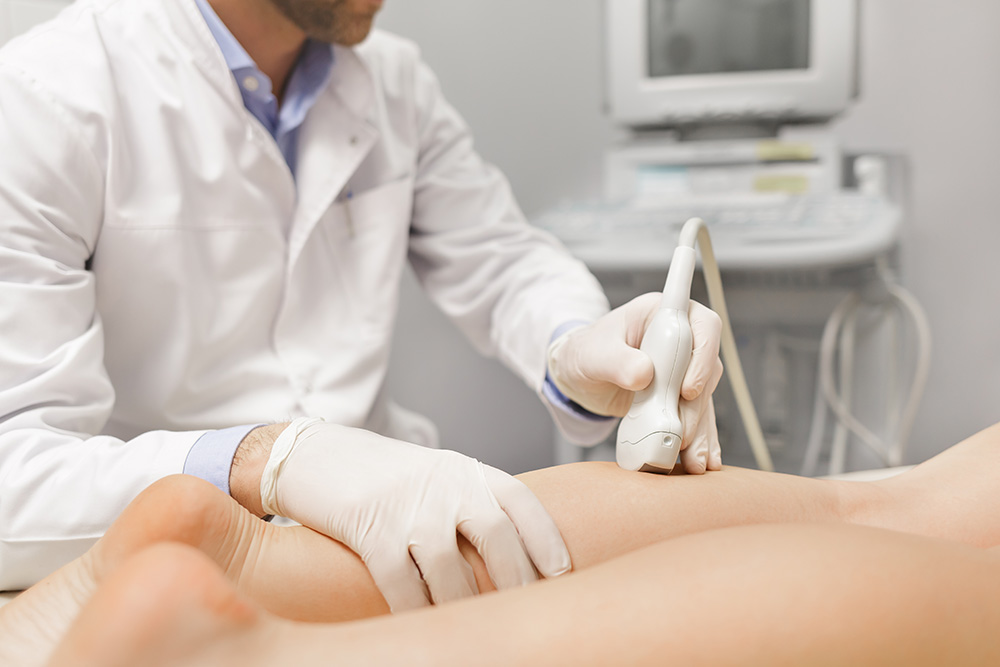The Food and Drug Administration (FDA) came out earlier this year voicing concerns about the safety profile of common ingredients found in sunscreen. A study conducted by the FDA demonstrated that several chemical sunscreen ingredients are actually systemically absorbed by the body, meaning they get into our bloodstream and can be detected in blood work. Safe levels of these ingredients have not been established yet.
So what does this mean, exactly? Let’s start by talking about the different types of sunscreens. Sunscreens fall into two general categories: physical sunscreens and chemical sunscreens.
Physical sunscreens include the ingredients zinc oxide and titanium dioxide. These are also sometimes called mineral based sunscreens. Physical sunscreens work by physically blocking and reflecting the UVA and UVB rays back off the body. They start working immediately upon application, and are actually a great option for kids and those with sensitive skin as they are unlikely to cause irritation. These ingredients have not shown to be absorbed into the skin.
Chemical sunscreens include ingredients such as avobenzone, oxybenzone, octinoxate, homosalate, and octisalate. These chemical sunscreens are absorbed into your skin, take approximately 15-20 minutes to start working, and they absorb the UV rays and convert it into heat which is released from your skin. It was thought, until recently, that chemical sunscreens were not absorbed systemically (into the bloodstream) of the body. But the FDA recently published a study showed just the opposite: these chemical sunscreens are absorbed into the bloodstream in levels high enough to be detected in blood work.
To be clear, the FDA is still recommending using sunscreen, including chemical sunscreens, especially if you are going to be exposing yourself to the sun’s rays. That’s because skin cancer is the most commonly diagnosed cancer in the United States, and the rates keeps rising. Exposure to the sun’s radiation is a major cause of skin cancer, and with proper measures you can greatly reduce your risk.
More and more people are being encouraged to wear sunscreen every day, not just when they are outside. Gone are the days when baby oil and iodine were considered in vogue for getting that “perfect tan.” In fact, medical professionals are beginning to question if any amount of tan is considered safe. Both UVA and UVB rays damage the skin and not only are a cause of skin cancer but also contribute to premature signs of aging like wrinkles and “sun spots.” It is more important than ever to be mindful of the damage chronic sun exposure can have on our skin and take protective measures against the harmful rays.
Although we usually focus on vein treatment, our specialists have been increasingly interested in researching the best options as it relates to sun screen. When given the choice, the FDA is clear: choose sunscreen protection. While further research is needed to study the long-term effects of the chemical sunscreens right now the benefits of sunscreen still outweigh any potential risks. At this time, physical sunscreens, may still be the best choice though. And with so many good options out there, like EltaMD sunscreen that rubs in clear, why not pick the best coverage? The only thing you have to lose is your tan. At Tennessee Vein Center, our vein specialists are committed to bringing you up to date information to keep you healthy and safe.






.jpeg)
.jpeg)




